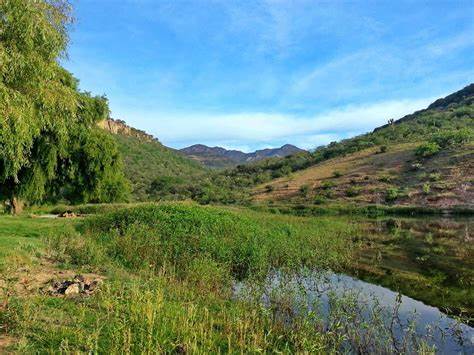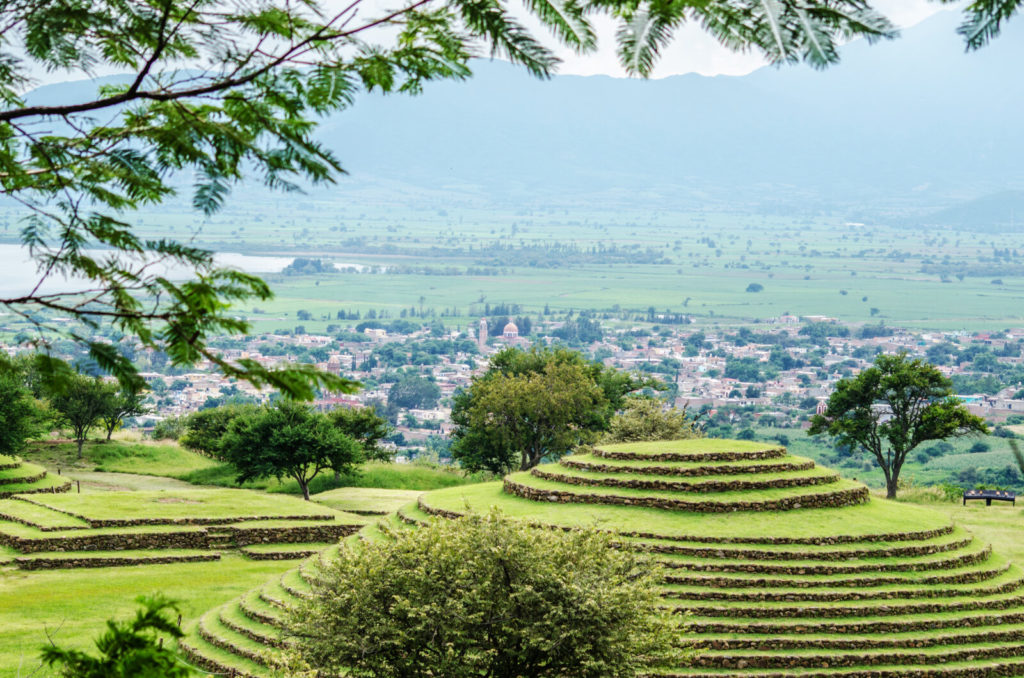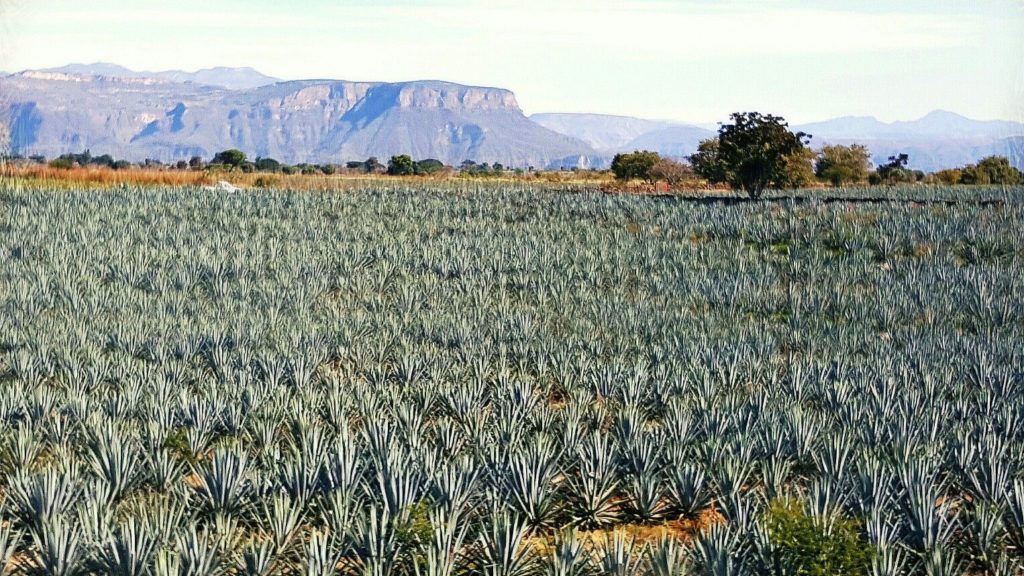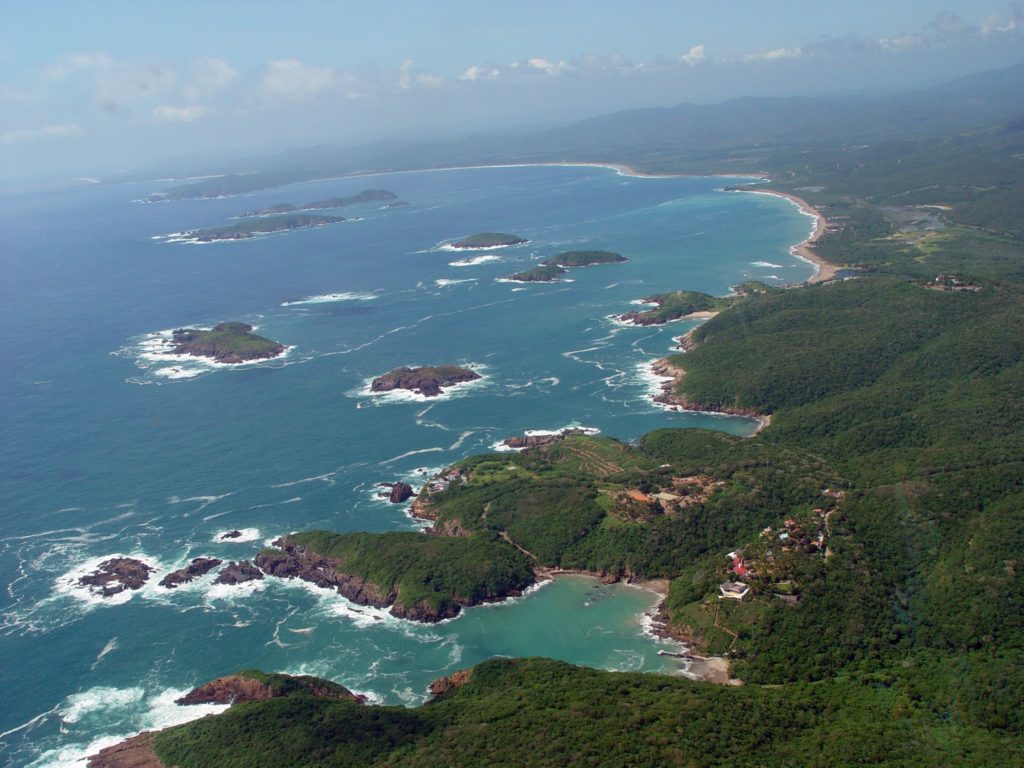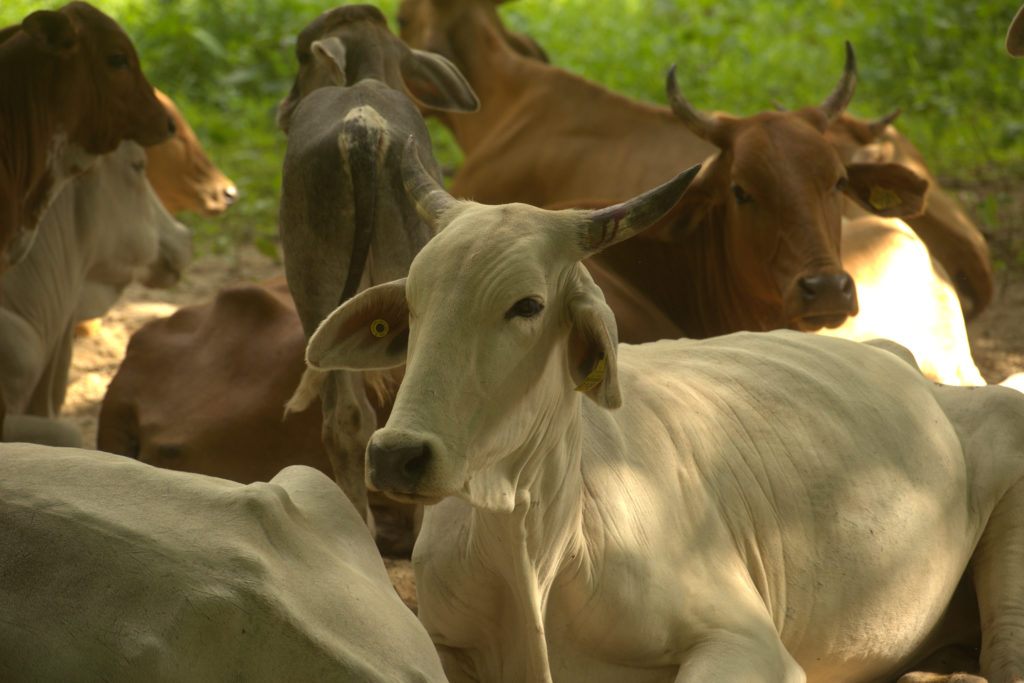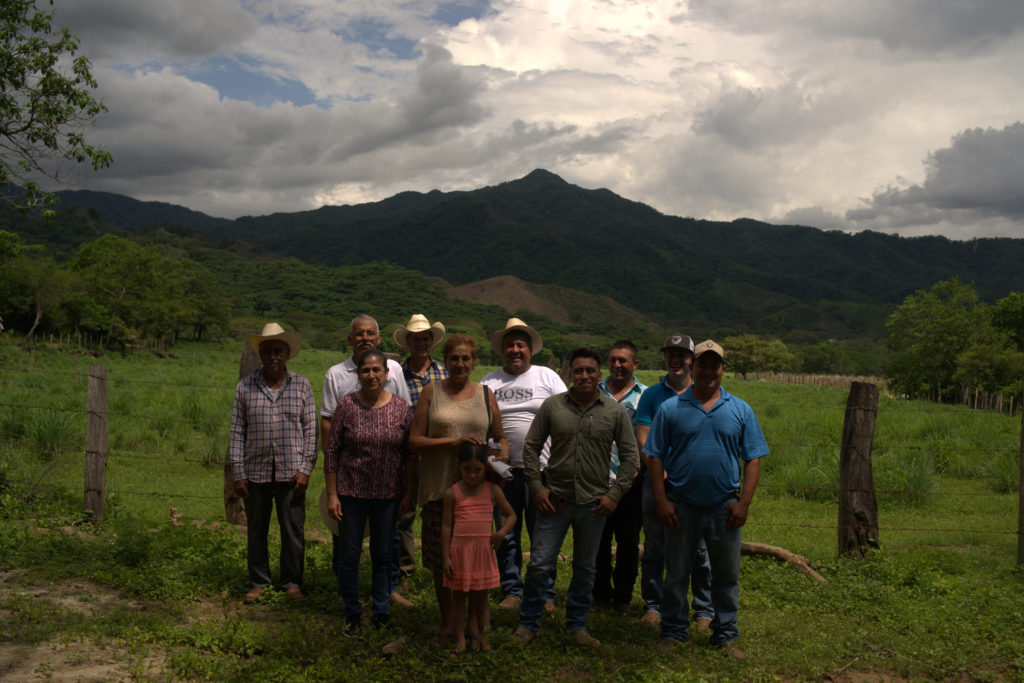Cattle production is a major driver of deforestation in the Mexican state of Jalisco. Between 2000 – 2015, the state lost 232,403 hectares of forest to the expansion of grazing. It is also an important driver of the economy – the state has the largest production in the country (almost 13% of the national total) and is second largest in head of cattle (2.9 million). With funding from Window B, the state of Jalisco will develop a sustainable model for beef production through the establishment of intensive silvopastoral (cattle + forests) systems and the commercialisation of “deforestation-free” beef produced in areas that have not been deforested. Given that the majority of cattle production in Jalisco is small farmers earning on for subsistence in isolated areas across the state, this complex issue requires an innovative response.
Jalisco will focus on changing the incentives and subsidies to promote sustainable production using a silvopastoral modal. This public policy work and commercialisation models will be complemented by strengthened governance at the municipal level and the capacity of smallholder producers, including indigenous peoples and women producers.
These actions will directly contribute to reductions in deforestation and degradation in the state and are based on the REDD+ investment plan developed with support from the GCFTF under Window A.
Jalisco’s goal in 5 years, with the experience and lessons learned from the implementation of this proposal, Jalisco will replicate the model across the state. In 10 years, there will be a considerable scaling up of silviopastoral systems and the commercialisation of deforestation-free meat and, consequently, a substantial mitigation of deforestation and degradation processes, an increase in carbon stocks, and numerous producer groups will be consolidated as benchmarks of good agroforestry practices. Finally, in 30 years, it is intended that the agricultural sector in Jalisco will have net rates of 0% deforestation and 0 emissions (carbon neutral) of greenhouse gases (GHG).
“Jalisco has made important efforts to stop deforestation and forest degradation. We have developed different policies, which have been strengthened thanks to the collaboration with Governors’ Climate and Forests Task Force. Window B will contribute to the consolidation of actions around the silvopastoral livestock model and the development of a deforestation-free meat label. This project will allow us to consolidate the public assets developed at the state level, but also will allow us to go further at the local level, developing innovative financial instruments, identifying income alternatives and a scaling route for the commercial scheme, contemplating at all times the inclusion of vulnerable groups”.
Sergio Graf Montero, Secretary of Environment and Territorial Development of Jalisco
Message from Secretary Sergio Graff

